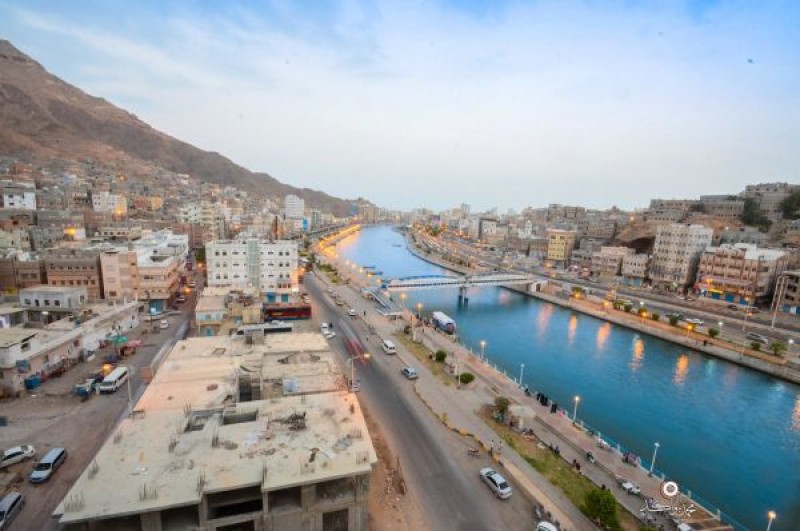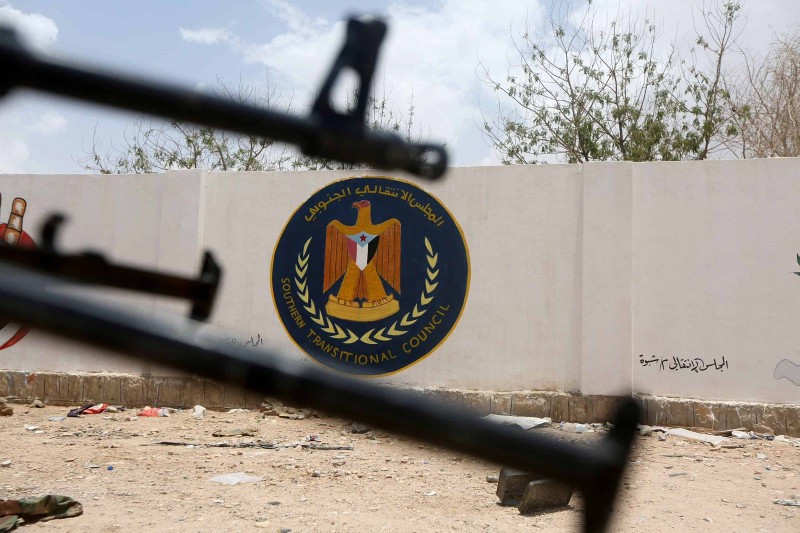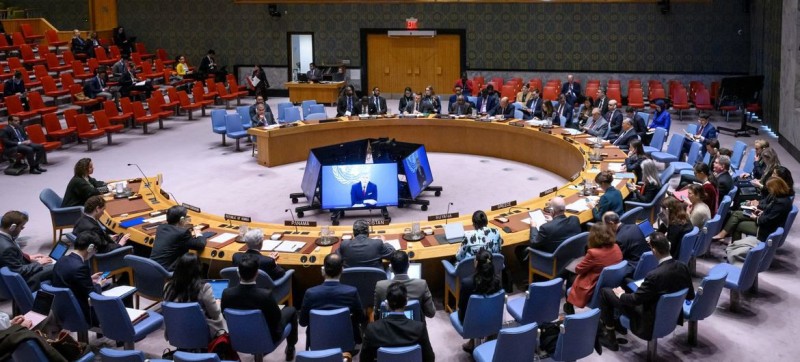UN Envoy Leaves Sanaa after Talks With Houthi Rebels


The UN envoy to Yemen Martin Griffiths left Sanaa after meeting with Houthi leadership, within his efforts to revive the stalled peace process between the group and the Yemeni legitimate government.
Griffiths did not make any statement upon his departure, but Houthi official sources stated that he had met leader Abdul-Malik al-Houthi and discussed with him “obstructions of peace.”
Griffiths sought to persuade the legitimacy and Houthis of a new round of consultations hoping to reach a comprehensive political and military solution this year.
Houthis claimed its leaders discussed with Griffiths their terms for agreeing to the planned talks, as well as restrictions against the group and as issues facing urgent humanitarian efforts, including the prisoners' case.
President of the Supreme Political Council Mahdi al-Mashat denied that Houthis obstructed the work of humanitarian organizations and the UN mission in Hodeidah, according to Houthis’ Saba news agency.
Mashat said the group is keen to provide the necessary facilities to the humanitarian organizations so that they can carry out their work as required, and that any problems can be resolved in a way that does not violate Yemeni law, international conventions, and social norms.
He also criticized delaying many of the steps the UN had promised, including opening Sanaa International Airport and the medical bridge to transport patients.
Houthi sources said that Houthi head of government Abdulaziz bin Habtoor told Griffiths the coup group had not recognized the “Riyadh Agreement” signed between the legitimacy and the Southern Transitional Council.
The UN envoy had returned to Sanaa carrying the plan, which he recently began promoting, to resume peace talks between the legitimate government and the coup group without preconditions.
Griffiths’ visit came following the visit of EU delegation that left Sanaa after clashes intensified between the legitimate government forces and the militias in Nihm, al-Jawf, Sirwah and Ad-Dhale fronts.
Last Sunday, a European delegation kicked off a visit to Sanaa to discuss developments in the country.
The EU seeks to encourage ongoing efforts to reduce escalation and resume political talks between the Yemeni parties.
Before his arrival in Yemen, the UN Envoy issued a statement expressing his deep concerns regarding the latest round of violence which resulted in the death of many civilians.
He called on “all the parties involved to take all necessary measures to de-escalate all military activities including movement of troops, airstrikes, missile and drone attacks.”
Griffiths also urged the parties to adhere to the implementation of the initiatives they have been undertaken to de-escalate and further enhance these initiatives, adding that reduction of violence is crucial for sustaining the progress made so far on de-escalation.
“We all have to work towards advancing the peace process, not setting it backward. Yemen has suffered enough”, he said.
Also earlier, Griffiths held meetings in Riyadh with leaders of the legitimate government in his efforts to resume talks with the Houthis.
However, the legitimate government rejects any new consultations with Houthis before the implementation of the Stockholm Agreement on withdrawal from Hodeidah, the release of prisoners, and lifting Taiz siege.

Aden – Yemen is witnessing heightened political activity aimed at defusing tensions in the eastern provinces, where competing forces have vie…

Aden – Anwar Al-Tamimi, spokesman for the Southern Transitional Council (STC), stated that the council’s recent deployments toward Hadr…

NEW YORK — The United Nations Security Council will convene its annual session on Wednesday, December 17, to hear briefings from the chairs o…